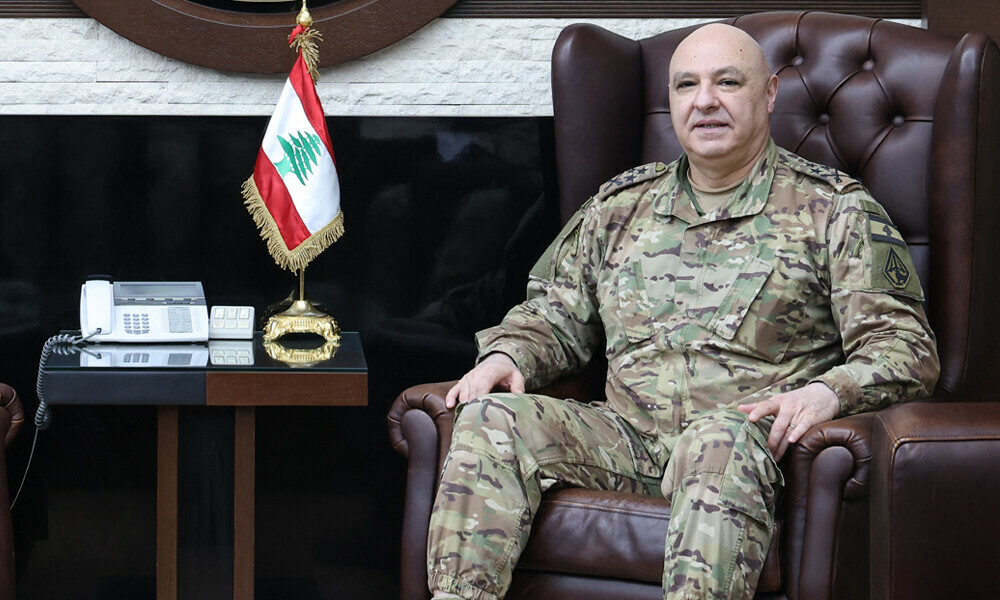Lebanon’s parliament elected Army Chief Joseph Aoun as the country’s new president on Thursday, ending a long political deadlock and signaling shifts in Lebanon’s internal power dynamics and broader Middle East geopolitics.

Aoun’s election marks a significant moment in Lebanon’s sectarian power-sharing system, where the presidency is reserved for a Maronite Christian. His election, which received U.S. approval, comes after a yearlong vacancy in the presidency, following the end of Michel Aoun’s term in October 2022. The vacancy had left the country without a head of state, as divided factions struggled to agree on a suitable candidate.
The result also highlights the diminishing influence of Hezbollah, the Iran-backed Shi’ite militant group that has played a dominant role in Lebanon for years. The militant group, badly weakened by last year’s war with Israel, saw its long-time preferred candidate, Suleiman Frangieh, withdraw his bid and endorse Aoun. This shift comes as Hezbollah’s Syrian ally, President Bashar al-Assad, also saw a setback with his ousting in December.
Joseph Aoun, 60, was elected after receiving 99 votes in the second round, surpassing the required 86 votes, according to Parliament Speaker Nabih Berri. Hezbollah and its ally, the Amal Movement, backed Aoun, securing his election. Aoun’s momentum increased following the withdrawal of Frangieh, who had been Hezbollah’s favored choice. French and Saudi envoys worked behind the scenes in Beirut, meeting with Lebanese politicians to push for Aoun’s election.
Sources close to Saudi Arabia’s royal court revealed that international financial support for Lebanon, including from Saudi Arabia, was contingent on Aoun’s election. “There is a very clear message from the international community that they are ready to support Lebanon, but that needs a president, a government,” said Michel Mouawad, a Christian lawmaker opposed to Hezbollah.

Aoun’s election is seen as a crucial step in revitalizing Lebanon’s government institutions, which have been at a standstill without a functioning president or cabinet. Lebanon’s dire economic situation, exacerbated by a financial collapse in 2019 and the costs of recent conflicts, requires substantial international aid to rebuild. The World Bank estimates the recent war in Lebanon cost the country $8.5 billion.
The next step will be for Aoun to begin consultations with lawmakers to nominate a Sunni Muslim prime minister to form a new government. However, Lebanon’s complex political system means this process can take time, with various factions bargaining over ministerial posts.
As president, Aoun also plays a key role in maintaining the fragile ceasefire between Hezbollah and Israel, brokered by the U.S. and France in November. The agreement requires Lebanese forces to deploy in southern Lebanon as Israeli and Hezbollah forces withdraw.
Aoun has led the U.S.-backed Lebanese Army since 2017, overseeing continued American aid to strengthen Lebanon’s state institutions. The U.S. has long sought to bolster Lebanon’s military as a counterbalance to Hezbollah’s growing influence in the country.
The outcome of Aoun’s election signals a shift in Lebanon’s political landscape and a potential new phase in the country’s relations with both regional powers and the international community.



